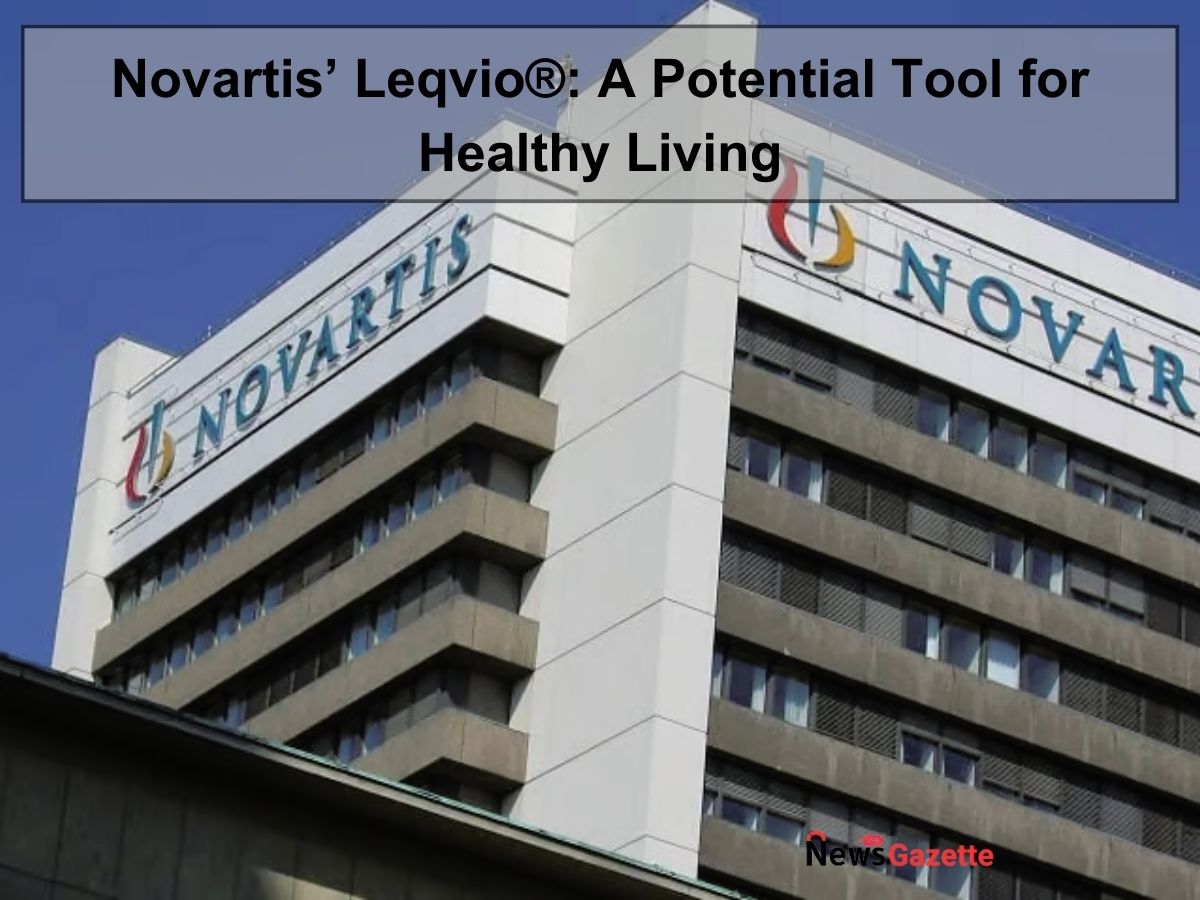
Novartis’ Leqvio®: A Potential Tool for Healthy Living
In the world of modern medicine, the quest for innovative solutions to combat diseases caused by high cholesterol remains a top priority. Among the myriad breakthroughs, one promising frontier is the use of small interfering RNA (siRNA) technology. This cutting-edge approach offers newfound hope in the battle against high cholesterol levels, a primary risk factor for heart disease.
siRNA and its capacity of lowering LDL chorestrol
Small interfering RNAs (siRNAs) are short strands of RNA that are often exploited for their genetic silencing function. Novartis used specifically this property of the siRNA to lower low-density lipoprotein cholesterol (LDL-C) levels. Leqvio® (inclisiran) is a siRNA molecule that is capable regulating the process of protein production in the liver, thus maintaining the levels of circulating cholesterol levels in the blood-stream.
Novartis Pharmaceuticals Australia Pty Limited first submitted the dossier to Australia Canada Singapore Switzerland (ACSS) Consortium for evaluation in The September of 2020. In the month of December of 2020, Leqvio® (inclisiran) was approved in Europe for the treatment of hypercholesterolaemia in adults, as an adjuvant therapy to Statin. The first round of trials; Phase III ORION, was conducted on patients with atherosclerotic cardiovascular disease (ASCVD) and heterozygous familial hypercholesterolemia (HeFH). Statistical analysis of the results showed a 52 % reduction in treatment group compared to the placebo group. In December 2021, FDA approved Leqvio® as a bi-yearly therapy to reduce the levels of LDL-C. Leqvio® (inclisiran) was first available in the market in January 2022. Based on the success of ORION 3, Novartis then announced the VictORION clinical trial program.
One of the largest organised clinical trials in the field of cardiovascular studies, with set of 27 trials with around 50 countries, contributing more than 60,000 participants. VictORION generated substantial clinical data in support of the trend. A supplemental study to VICTORION; VICTORION-Implement evaluating the treatment with Inclisiran compared to other lipid managing therapy options in a real world setting. Estimated to be completed in the January of 2025, this study is to be conducted on patients with Hypercholesterolemia.
The three year ORION 8 trial; an extension of ORION 9, ORION 10, ORION 11 and ORION 3, focussed on the long-term efficacy and sustainability in patients. With less than 3 % of overall adverse reactions, the data obtained from the combined trials was submitted to the FDA for their final verdict. In collaboration with Alnylam Pharmaceuticals; a leader in RNAi therapeutics, Novartis now holds the rights to develop, manufacture and commercialize Leqvio® (inclisiran) globally.
Read Also: Gene Therapy – An Innovative Approach to Treat Chronic Pain
The European Society of Cardiology (ESC) presented their data in Congress 2023, based on a three year follow-up period post-trial. After an initial dose was administered followed by a second after a gap of another three months. The data showed that the patients receiving Leqvio® periodically every six months for up to an additional three years, 78 % of participants showed a clinical measure for LDL-C levels less than 70mg/dL in patients with ASCVD and less than 100mg/dL for patients with increased risk of ASCVD.
After 6 years of vigorous trials and testing, Novartis Leqvio® (inclisiran) finally received the nod of approval from the FDA. Due to the commitment of Novartis towards neutralising the dreadful effects of cardiovascular conditions, Leqvio® (inclisiran) can be prescribed to patients suffering from various conditions. Proven on such developments, siRNA is one of the most promising candidate for moving towards a better healthcare and overall living.
In conclusion, small interfering RNA (siRNA) presents a promising avenue for lowering cholesterol levels and combating cardiovascular diseases. Through its precise targeting of specific genes involved in cholesterol regulation, siRNA therapies offer a tailored approach with the potential to reduce LDL cholesterol effectively. As science continues to advances, siRNA may become a valuable addition to the arsenal of treatments for managing cholesterol and promoting overall wellness.

Carae Wagner specializes in reporting on the healthcare sector, with a specific emphasis on digital health, gene therapy, viral vectors, and public policy. She holds degrees in English and Psychology from the University of Virginia. Her writing has been featured in publications such as Forbes, Slate, C-Ville Weekly, and various others. She maintains a focus on anxiety disorders and depression and aims to explore other areas of mental health including dissociative disorders such as maladaptive daydreaming.
